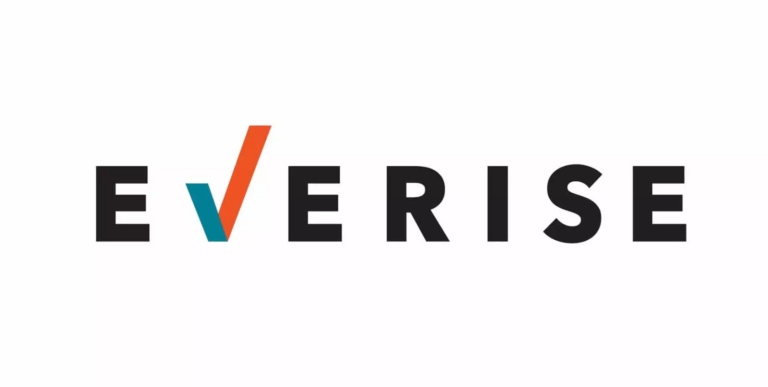2021: The Dawn of Flexshoring

Historian Yuval Harrari told Noema Magazine in June that the world is going to be “fluid and malleable”. As we draw near to the end of 2020, this remains true. Organizational resilience continues to be contingent on employing mindful risk mitigation strategies while retaining an entrepreneurial spirit.
When it comes to mitigating risk in the customer experience industry, diversification and long-term thinking are vital. Companies that partner with reliable partners that are both geographically distributed and remote workforce ready can eliminate the dangers of an unpredictable market, while optimizing for performance and cost.
More to the point, organizations combining multishore teams, in remote settings, gain the advantages of reputable outsourcing regions while offsetting the risk of over-reliance on any one of them.
At Everise, we call this strategy Flexshoring, as it provides the flexibility of blended work-at-home and centralized teams on a global scale. In this article, we’ll explore the many benefits of Flexshoring and how organizations can incorporate it into their CX strategy for 2021.
The Advantages of Flexshoring
With the world in a state of virtualization for the foreseeable future, companies need to accept the reality that home-based CX is here to stay.
One of the most notable advantages of this new reality is the possibility of finding exceptional talent on a global scale. With Home Experience, agents are no longer tied to brick-and-mortar, resulting in an unprecedented expansion of the pool of available talent worldwide.
In the United States alone, Everise has grown from sourcing talent in five states to twenty-five states and growing over the past six months.
When merging teams from multiple locations and environments, companies not only reduce the risk of a single point of failure, but they also mitigate the risk of geopolitical changes, natural disasters, and the possibility of another global pandemic.
An additional advantage of this strategy is the ability to tap into solutions beyond customer support and leverage the unique skill sets found in different regions.The main takeaway here is that all of these benefits can help your business evolve and remain resilient while giving you the power to control performance.

Along with access to substantial volumes of potential employees, Flexshoring allows companies to scale up or down rapidly during cyclical hiring seasons, as well as bring in specialized talent for specific tasks, such as customer service delivery in multiple languages. There’s also a sense of internal competition between regions, which builds a vibrant culture that boosts overall performance.
The benefits to flexshoring are not limited to the location of the agent – they also include the dynamic of enabling a flexible work schedule. The psychographics of a home-based agent are completely different when compared to a brick-and-mortar hire. A segment of which is very similar to that of the retail sector, preferring flexible work hours that enable them to care for others in the household or work a second job.
“2021 will continue to be a fluid year for most businesses,” says Everise President, Dave Palmer. The companies that have invested in agile home-based talent and technology globally will be the ones who transform their resilience into growth,” he adds.
Technology and Culture Enable Flexibility at Scale
It’s impossible to create a global experience delivery strategy without the right tools in place to facilitate communication, enhance service delivery, and enable agent monitoring. Furthermore, gathering intelligence and data on your global workforce can become a mammoth task if not handled correctly.
Brands require agile cloud contact center architecture that can easily manage and reroute volumes, as well as enabling root cause analysis to find and solve any issues in specific locations. When gathering intelligence in a Flexshore operation, companies need powerful business and agent intelligence platforms with analytic capabilities to optimally route volume and enhance coaching strategies.
Another challenge to overcome is how organizations create a culture of connectedness across multiple geographies and time zones. It’s vital that your CX partner has a pervasive, borderless culture that connects disparate teams. Again, technology for communicating, training and engaging with global teams is vital.
But communication between teams is only part of the challenge, clients are an important part of this process. At Everise, we use a Matrix of Excellence approach to client servicing that ensures there’s always a single point of contact regardless of where our teams are. The efficacy of our approach is evident from our last client engagement report.
“[Our relationship] has translated into a partnership. They’re part of us. Communication is something that we maintain a constant cadence with. We’re in lockstep and share the same goals,” wrote a VP of a leading online entertainment marketplace in the report.
A major, multi-state retail chain was burdened by old infrastructure and high-risk delivery – they wanted to evolve their customer experience. Everise CX assisted in right-shoring the delivery, while Everise DX deployed our Conversational IVR and chatbot solutions that integrated into an omnichannel cloud contact center solution.
Shortly after the engagement launched, COVID-19 lockdowns began. Given the disproportionate impact of the virus on their older customer base and the essential nature of the client’s business, support requests skyrocketed — requiring the need to flexibly reroute contact volume to another one of our locations to continue support.
Said in another way, Flexshoring is simply having the entrepreneurial spirit and technical ability to act quickly and smartly.
Digital transformation, culture and agility are things many businesses seems to talk about but relatively few have the ability to take action on. Everise has shown that a strong commitment to these principles and access to intelligent technologies can improve the customer experience while mitigating risk.







 Independent
Independent




